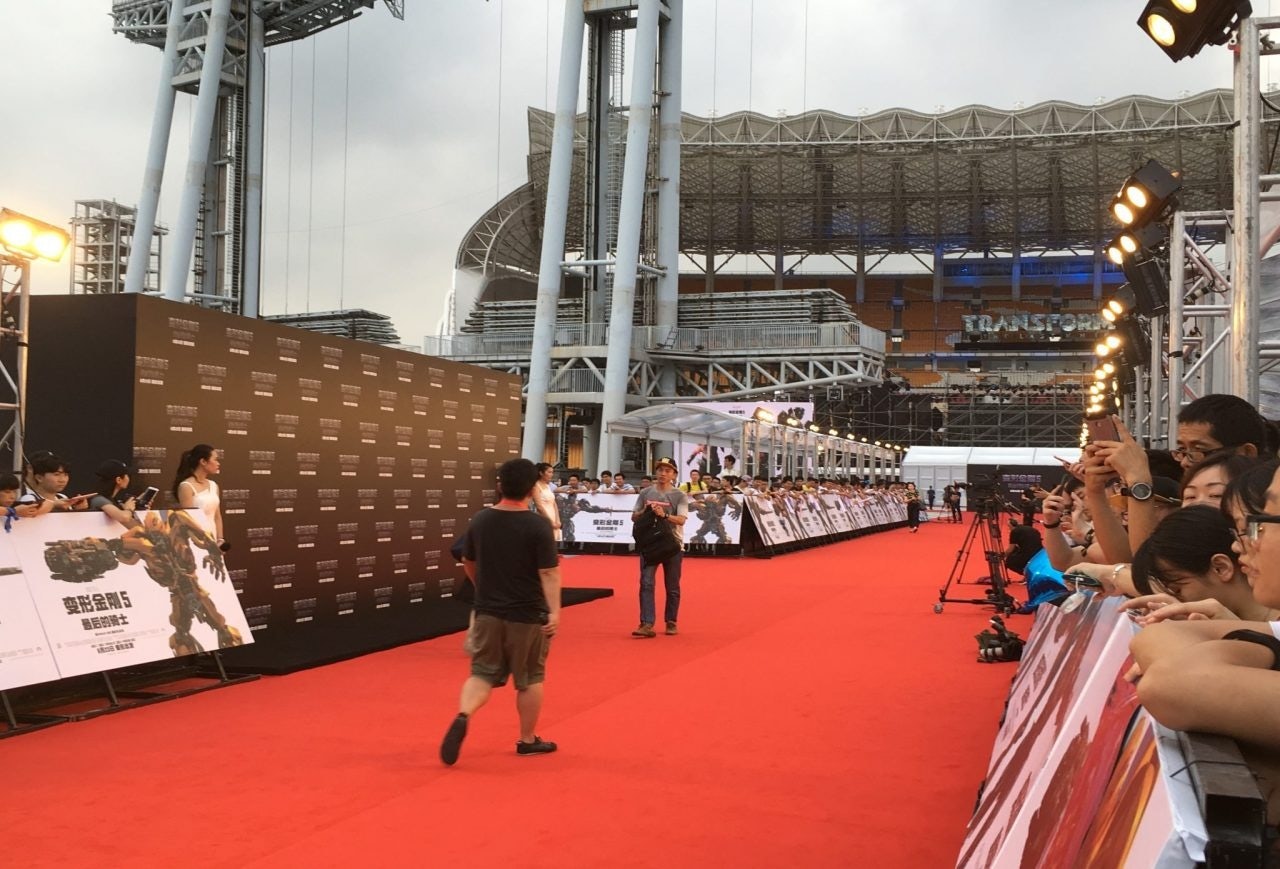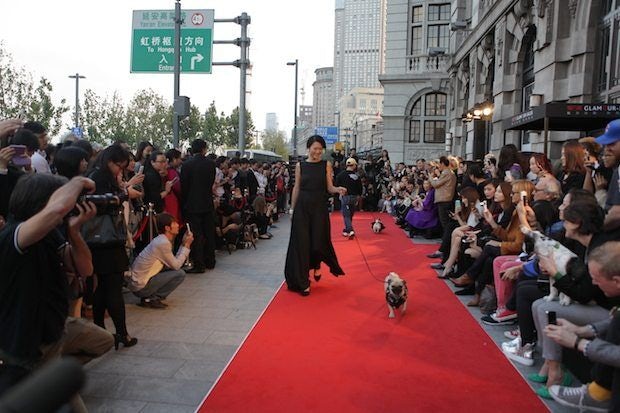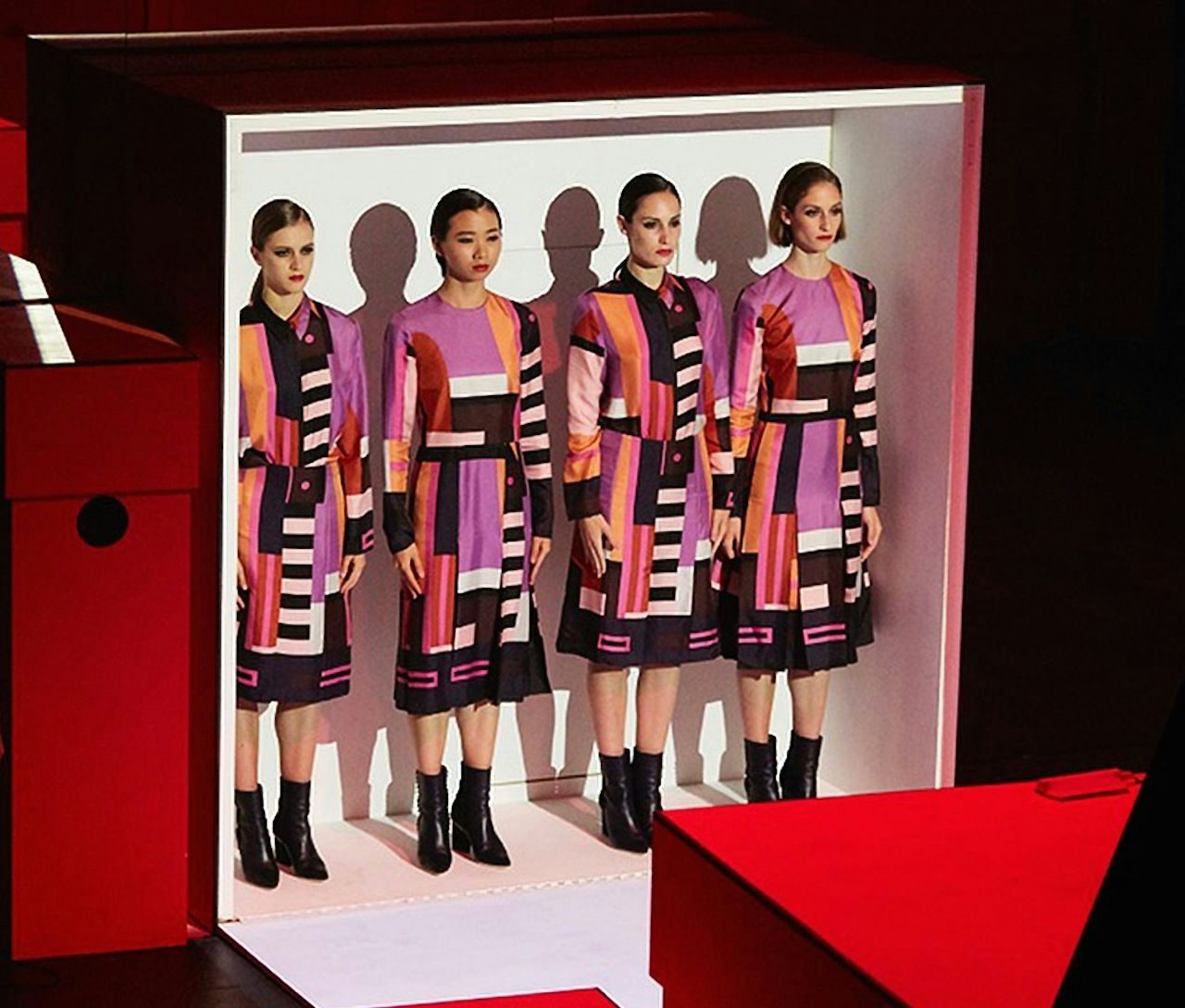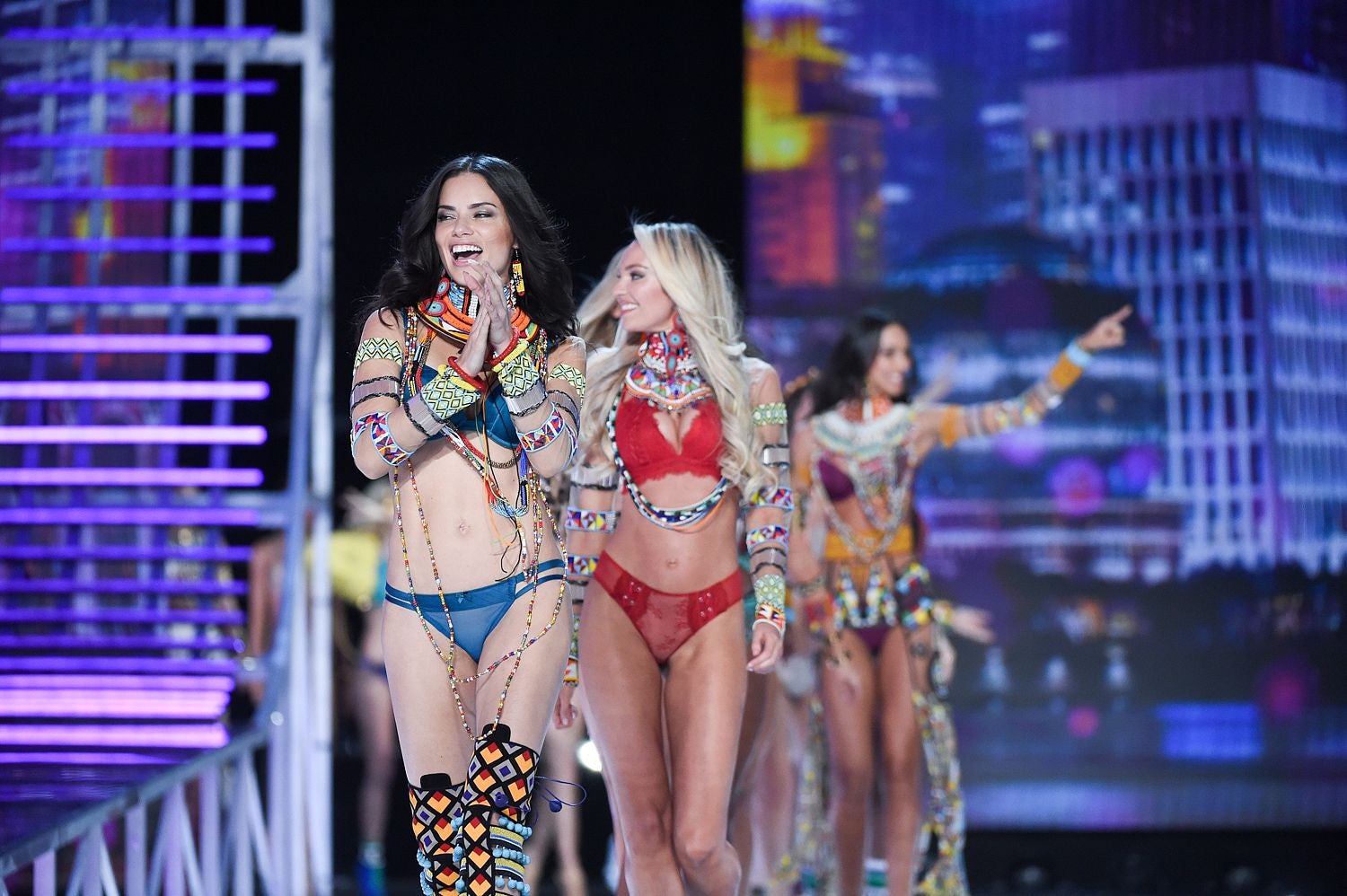Last month, the Victoria’s Secret Shanghai fashion show debacle made headlines around the world. Some of the stories coming out of the event shocked people; how could a famous model’s visa get denied with no official explanation? Why couldn’t foreign media film outside of the event? And why would the after party get shut down early? With such an experienced international events team in place, how could so many things still go wrong?
The answer is simple – event planning in China is not the same as everywhere else in the world.
To learn more about the complexities of China’s event planning industry, Jing Daily spoke with Ryan Whelan, Associate Director at Edelman China. Ryan is a veteran event planner who launched his career at Edelman London implementing several award-winning experiential campaigns for multinational entertainment industry clients. In 2014, he made the leap to Edelman China and since then he has successfully orchestrated numerous large-scale events for high-profile clients including Hollywood film studios and national tourism bureaus.
In the interview, Ryan explains some of the biggest differences between event planning in China versus the West, and shares some of the key things brands need to be aware of if they want to pull off successful events in this ever-changing market.
When you first started planning events in China, what surprised you the most?#
The fascinating thing about living in China is how dynamic it is. Dramatic changes occur at a fast pace, sometimes overnight with exciting technologies and concepts appearing on an almost weekly basis keeping things fresh and exciting. I love it, but that’s also one of the biggest challenges from an events perspective as regulations can fall into this pattern too. Things can change randomly, with little to no explanation or room for negotiation. You just have to deal with it and attempt to find a positive solution to counter the situation, however, that doesn’t guarantee it can’t change again just as quickly.
What are some of the biggest differences between holding events in China and the UK?#
One of the biggest differences I’ve noticed has to be the higher value and appreciation placed on the fine detail and finishing touches in western events. On the surface, the results appear to be quite similar between China and the UK but the differences are more apparent upon closer inspection. While the end result may not be fundamentally impacted by loose hanging wires or exposed elements, in the west a lot more importance is placed on production finishes or soft touches, including the color of the duct tape used to hide and secure exposed wires.
Another difference would be scale and level of engagement by participants. There are less restrictions on gatherings of large groups of people in the UK, as such larger scale events are easier to execute and secure permissions. In terms of engagement, for example press conferences can often be quite quiet with Chinese media even with celebrities in attendance, with media not wanting to ask questions in such a public setting. This can often be misread by foreign clients as a lack of interest amongst media which isn’t usually the case.
When planning events in China, what are the things you most frequently have to explain to foreign clients?#
No matter how much preparation you put into planning, there are always going to be last minute changes of plan and often with very little explanation. Laws may change overnight or long-standing laws may suddenly be enforced with more rigor.
The concept of media allowance is often an interesting one that pops up frequently, as while common practice amongst Chinese media this isn’t something seen in the west or other Asian countries.
What are the laws event planners in China need to be aware of?#
Event permission is probably the biggest area to be aware of. The process is not always easy to understand, varies depending on location or even time of year and requires a high level of detail with supporting documentation that is not always available so far in advance of the event. There are a number of factors that can make this process even more complicated such as the involvement of celebrities, both local and Western.
A couple of years ago, we encountered a situation with a leading Hollywood figure who was en-route from L.A to Chengdu. As his entire team boarded a plane from Shanghai to meet him we learned that his jet may not be able to land in Chengdu due to landing permissions being revoked at that airport. We ended up jumping back on a flight to Shanghai a few hours later in order to meet the redirected jet. He still managed to make his appearance in Chengdu 24 hours later, albeit via a video link instead.
It’s not uncommon for permissions to be granted with caveats such as requirements for hiring a specific number of security personnel or celebrity meet and greets. It’s always worth keeping in mind that despite permissions being granted successfully, they can be withdrawn at any point prior to or during the event should circumstances change in anyway, such as surprise appearance by a celebrity not listed in the initial application.
Please talk about the difference between Western and Chinese journalists and the kind of coverage a client should expect#
Media pitching is a true art form in the West. You really need to do your homework prior to pitching in order to find compelling angles that work across a spectrum of media verticals, while conveying a clear and consistent message. Each publication and every journalist is different, looking for their own unique angle on a story so pitches need to be specifically tailored versus a one size fits all approach often adopted in China.
I think there tends to be more individual accountability, professionalism and artistic freedom encouraged within western publications and as a result journalists tend to take greater pride in their work. For obvious reasons, there is often an absence of opinion expressed in reporting in China but what surprised me most was the distinct lack of original writing by a number of journalists. Chinese media tend to closely follow materials provided, at times copying and pasting the content directly provided by a brand. One extreme example saw a colleague’s email signature and contact information being included in coverage. I’ve attended countless press conferences and interviews where some journalists didn’t take a single note or recording, instead choosing to rely on the materials being provided.
Brands that are able to understand this, adapting their media materials beyond a translated Western press release often find they can have more control over the outcome of the coverage compared to working with western media.
I think some clients might assume that holding an event in China will be cheaper than in the UK or the US. Is that true?#
Most definitely not. I think this is one of the common misconceptions from clients outside of China, along with dramatically shorter production turnaround times. Costs are often more comparable than you’d imagine for the level of quality desired. We often face many clients trying to squeeze production timelines due to a perceived notion that everything can be miraculously produced overnight in China. While it’s certainly true that we do have more of a luxury than in other markets to squeeze production timelines, this in turn drives up cost and the location of factories plus resulting transportation times mean there isn’t as much flexibility. I recently worked on an event involving a world leader, where the entire stage design and construction were not finalized until days prior to arrival.
If the event will include a Western celebrity, what are some things that the celebrity needs to avoid discussing when speaking in public or interacting with the media?#
Western celebrities should avoid getting drawn into making any kind of political statements and most certainly avoid criticizing the country’s political system or its leaders. Whether it be their opinions on Hong Kong, Taiwan, South Korea, the United States or Japan, it’s safer to simply steer clear and avoid political conversations. We’ve seen many examples in the past and most recently with the Victoria Secret’s event in Shanghai, how comments or actions that occurred years ago can still cause issues with events taking place today.
Could you give your thoughts on working with local security teams and car and driver rentals?#
We’ve worked on a number of talent tours for both local and Hollywood studios over the past few years, this continues to be where we see the biggest gulfs in expectation and reality. I completely understand western clients expecting talent drivers to speak fluent English and behave with the exact same professionalism as celebrity drivers in Hollywood, however, the reality is that this is pretty rare to find in China in part due to cultural differences. The drivers we regularly work with are professional, experienced and extremely hardworking, it just happens to be different to how things are done in the west. Local vehicle laws such as restricted number plates and the restriction placed on the removal of a vehicle’s seats can also be difficult for clients to understand and accept.
In my experience, local security teams tend to be less experienced in the finer details of close protection and often not as professional in their behavior. We’ve seen security personnel and interpreters taking photos of talent or asking for autographs in the past despite being instructed not to do so on multiple occasions.
What else can clients do to help the event run more smoothly?#
It’s important to quickly adapt to the realities of local complexities, restrictions and opportunities. It’s not always easy to understand why some things are not possible in the same way they are in other markets. Clients should expect the unexpected, remain calm, don’t keep asking ‘why not’, stay flexible and be willing to adapt. There are often happy compromises for all found in what’s possible locally and the expectations of Western clients.



